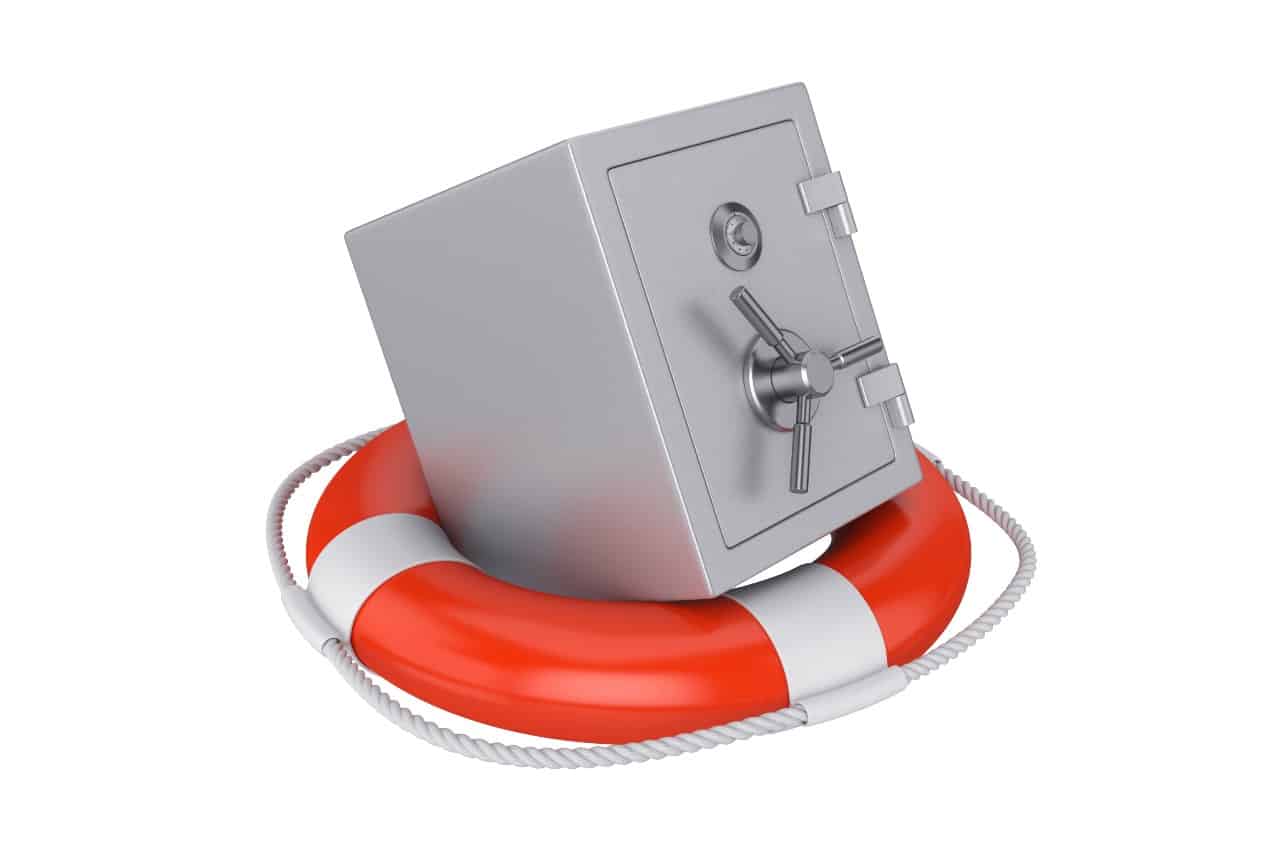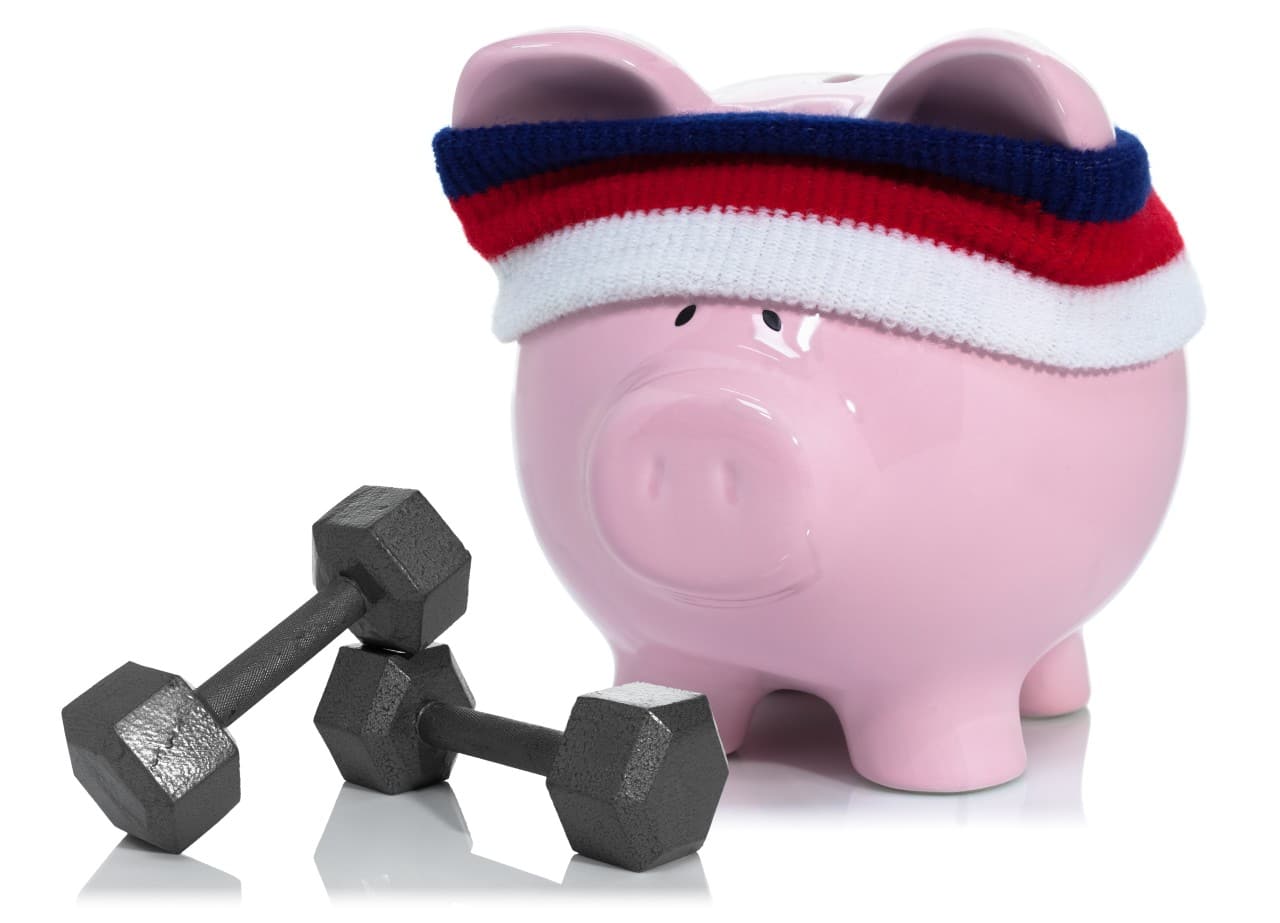November of every year marks Financial Literacy Month in Canada. 2025 is the 15th anniversary of this important campaign, and the theme is “Talk Money” – encouraging us all to have open conversations about our finances. Rightly so, because for many of us, talking about money can feel awkward. We tend to avoid these conversations because they feel uncomfortable or too personal. When we stay silent about our financial struggles, we miss out on valuable advice and might make costly mistakes that could have been avoided with just one conversation. Financial stress builds up when we keep it to ourselves, and this stress can affect our health, our relationships, and our decision-making ability. That’s why Financial Literacy Month matters so much – to break the silence and start talking.
Why financial literacy matters more than ever
As per the FCAC’s Monthly Financial Well-being Monitor, in 2024, 54% of people in Canada struggled to keep up with their financial commitments. This is an increase from the 38% who reported this struggle in 2019. Which means things are only getting worse! Thirty-four percent have to borrow money even for their daily expenses!
These numbers tell a story. Many of us are just getting by. We’re making payments, but we’re not thriving financially. Accordingly, this is where financial literacy comes in. When you understand money better, you make better choices, which lead to a more secure future.
Here are some resources that I believe are a great place to begin if you’d like to get better with money:
1. GetSmarterAboutMoney.ca
This website from the Ontario Securities Commission is one of Canada’s most visited financial literacy sites. It has articles, videos and more to help you make informed financial decisions. The best part about it is that it is unbiased! No conflicting interests that may lead to the site prodding you to explore financial products or solutions that may not be suitable for you.
What I love about this site:
- Easy to understand language
- Covers everything from basic budgeting to investing
- Free calculators for mortgages and retirement planning
- No jargon or confusing terms
- Unbiased
2. ABC Money Matters Program
Money Matters is a free introductory financial literacy program. Subsequently, their workbooks are used in classrooms across Canada and are full of learning and activities that can be adapted according to the needs of individual groups. You can also host a financial literacy workshop with them for your community.
This program is perfect if you’re just starting out. They offer:
- Free workshops across Canada
- Simple workbooks you can download
- TD Bank volunteers who help teach the classes
- Activities you can do at your own pace
3. Canada.ca Money and finances
This website is your one-stop shop for everything to do with finance – from tools to managing your money to protection from financial fraud and scams. You can even find resources to help you choose a bank account and credit card, including budget and mortgage calculators, as well as interest rates.
Here are my go-to features on the site:
- Comparing bank accounts, checking accounts and credit cards
- Understanding your rights as a consumer
- Learning about different types of savings accounts
- Getting help with financial planning at every life stage
4. Bank of Canada Museum Resources
The Bank of Canada Museum is a great place to introduce your kids to all things money. It offers free, hands-on activities that make money management approachable, practical, and fun for all ages. Markedly, the museum has engaging onsite and online activities planned for Financial Literacy Month.
Great for families because they offer:
- Interactive games for kids about budgeting
- Workshops for newcomers to Canada
- Free classroom resources for teachers
- Fun activities that teach money skills
5. CPA Canada Financial Literacy Resources
CPA Canada offers interesting financial literacy publications and a financial literacy podcast that talks about key issues, trends and tips as they relate to financial education.
- Perfect for people who want deeper knowledge
- Professional-level insights made simple
- Podcasts you can listen to on the go
- Research-based advice
- Topics that matter to everyday Canadians
Simple steps to start your financial journey
You don’t need to become a financial expert overnight. Here are some easy ways to begin:
1. Start with a budget. Track where your money goes and where you spend money for one month. You might be surprised by what you find, including potential avenues to save money
2. Open a savings account. Even $25 a month adds up over time. You can make $500,000 if you set aside $50 every month in a Registered Retirement Savings Plan (RRSP) starting in your early 30s. The magic of Compound interest will kick in and work as a wealth multiplier.
3. Learn about credit, credit report and credit score. Your credit score affects everything from getting a loan to renting an apartment. Subsequently, understanding how credit works can actually save you thousands of dollars and potentially bring down your borrowing interest rate.
4. Build an emergency fund. Start small. Even $500 helps when unexpected expenses come up.
5. Consult a financial advisor for more personalized solutions
Making financial conversations easier
One of the best things about this year’s Financial Literacy Month theme is the focus on talking about money. Many people avoid money conversations because they’re a “taboo”, or they fear being judged. The thing is, when we talk openly about money, we all learn something new.
Being financially literate isn’t about becoming perfect with money overnight. It’s about making small improvements that add up over time and provide financial stability. Whether you’re dealing with student loans, planning for retirement, or just trying to save money each month, I truly believe these resources have something for everyone.
This Financial Literacy Month, try picking at least one resource from this list and spend 30 minutes exploring it. You might learn something that changes how you think about money and financial management. Just start where you are, use what you have, and do what you can to enjoy financial stability.










